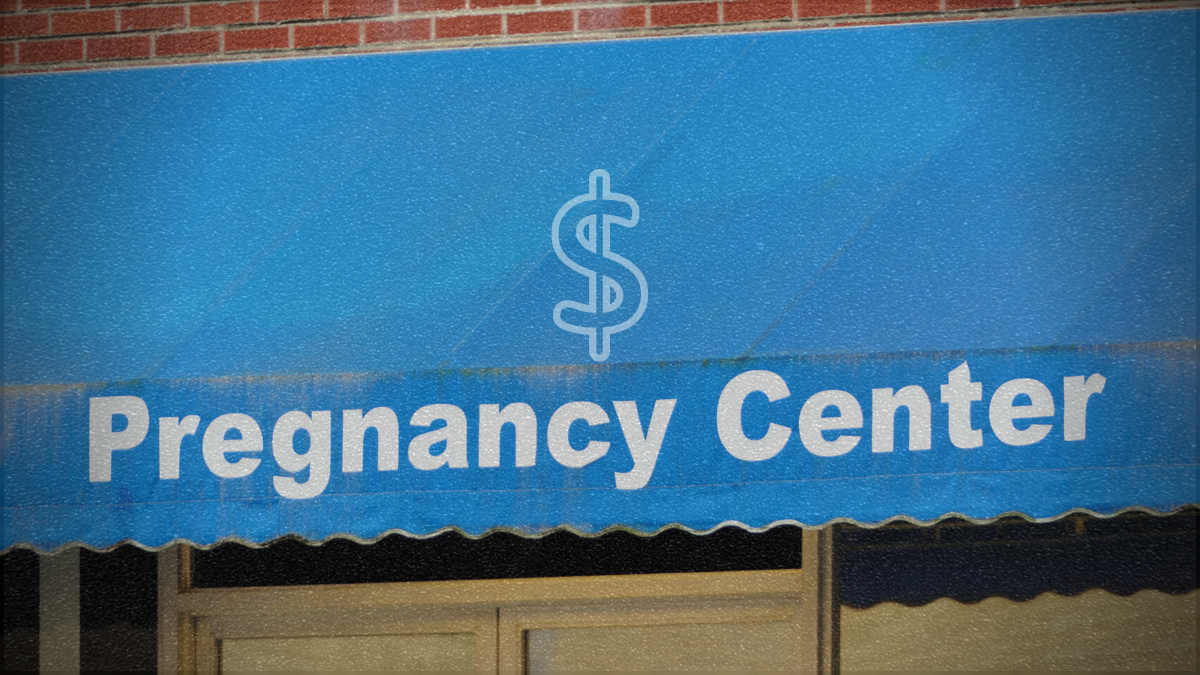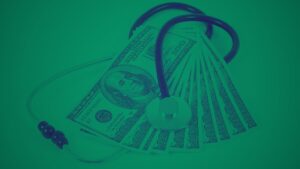Source: Triad City Beat
With the dismantling of Roe v. Wade and the passage of an extreme abortion ban in North Carolina, pregnant people in the state have found themselves with limited options for accessing reproductive healthcare.
In this purposely created void, crisis pregnancy centers (CPCs) are flourishing. CPCs, which work to dissuade pregnant people from terminating their pregnancies, are notorious for lying to women about the safety and potential risks of abortion. Studies have found that centers often promote false or misleading medical information, including false claims that abortions increase the risk of cancer and infertility.
CPCs also routinely use deceptive tactics like offering free ultrasounds not administered by licensed health professionals, or free baby items like diapers, to dissuade people from seeking abortions. They also try to operate close by, or even next door to, abortion clinics in an attempt to intercept patients and funnel them through their doors.
On average, CPCs outnumber abortion clinics by a three-to-one ratio. In North Carolina, there are 83 crisis pregnancy centers and only 15 abortion clinics. And in the Triad alone, there are seven CPCs and only two abortion clinics.
Two of the CPCs in the Triad have operated with revenues over one million dollars in recent years – The Pregnancy Network raked in $1.96 million in revenue in 2022 and Salem Pregnancy Support reported $1.2 million in revenue in 2021.
CPCs in North Carolina get funding from both the state and federal government, as well as a black box of private funding from wealthy donors.
Nationwide, “CPCs could be receiving and spending more than $1 billion per year,” according to the reproductive justice outlet Rewire.





